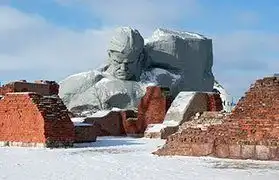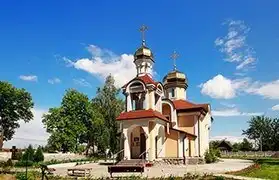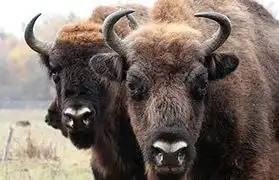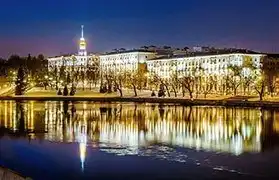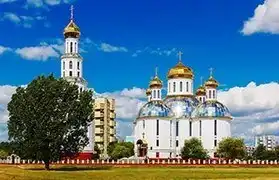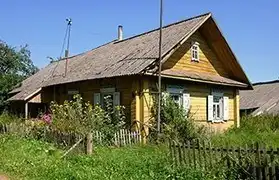Learn Belarusian for free
Learn Belarusian fast and easily with our language course ‘Belarusian for beginners’.
![en]() English (UK)
»
English (UK)
»
![be.png]() Беларуская
Беларуская
| Learn Belarusian - First words | ||
|---|---|---|
| Hi! | Прывітанне! | |
| Hello! | Добры дзень! | |
| How are you? | Як справы? | |
| Good bye! | Да пабачэння! | |
| See you soon! | Да сустрэчы! | |
What is the best way to learn the Belarusian language?
Learning the Belarusian language opens up a unique cultural and historical perspective of Belarus. Start your journey by immersing yourself in Belarusian music, films, and literature. This method helps familiarize you with the language’s sounds and expressions, making the learning process more intuitive and enjoyable. Language learning apps offer a flexible and interactive approach to mastering Belarusian. They provide structured lessons that cater to various proficiency levels, from beginners to advanced learners. The interactive exercises and quizzes available in these apps make learning both effective and entertaining.
Engaging directly with native speakers is invaluable. Look for language exchange partners or participate in online forums and social media groups dedicated to the Belarusian language. Conversing with natives enhances your speaking skills and boosts your confidence in using the language in real-life situations. Formal classes, whether online or in-person, provide a structured learning environment. These classes often cover all aspects of the language, including grammar, vocabulary, and pronunciation, offering a comprehensive approach to learning Belarusian.
Utilizing flashcards is a time-tested method for learning new vocabulary. You can create your own set or use online platforms that offer Belarusian flashcards. Regularly practicing with them helps improve your memory retention and recall abilities. Writing in Belarusian regularly can significantly improve your language skills. Start with simple sentences and gradually progress to writing essays or diary entries. This practice not only enhances your writing ability but also aids in better understanding grammatical structures.
Watching Belarusian TV shows, news broadcasts, and movies is an excellent way to improve your listening skills. It exposes you to the language as it is naturally spoken, including various dialects and colloquial expressions. Incorporating the Belarusian language into your daily life can greatly accelerate your learning. Label objects in your home with their Belarusian names, try cooking Belarusian recipes, or change your phone’s language setting to Belarusian. These small steps will help reinforce your learning and make the language a part of your everyday routine.
Even Belarusian beginners can learn Belarusian efficiently with ‘50LANGUAGES’ through the practical sentences. First you will get to know the basic structures of the language. Sample dialogues help you to express yourself in the foreign language. Prior knowledge is not required.
Even advanced learners can repeat and consolidate what they have learned. You learn correct and frequently spoken sentences and you can use them immediately. You will be able to communicate in everyday situations. Use your lunch break or time in traffic to learn a few minutes of Belarusian. You learn on the go as well as at home.
Learn for free...
Text book - book2 English - Belarusian for beginners Learn Belarusian - First words
Learn Belarusian with the Android and iPhone app ‘50LANGUAGES’
The Android or iPhone app ‘Learn 50 languages’ is ideal for all those who want to learn offline. The app is available for Android phones and tablets as well as iPhones and iPads. The apps include all 100 free lessons from the 50LANGUAGES Belarusian curriculum. All tests and games are included in the app. The MP3 audio files by 50LANGUAGES are a part of our Belarusian language course. Download all audios for free as MP3 files!

